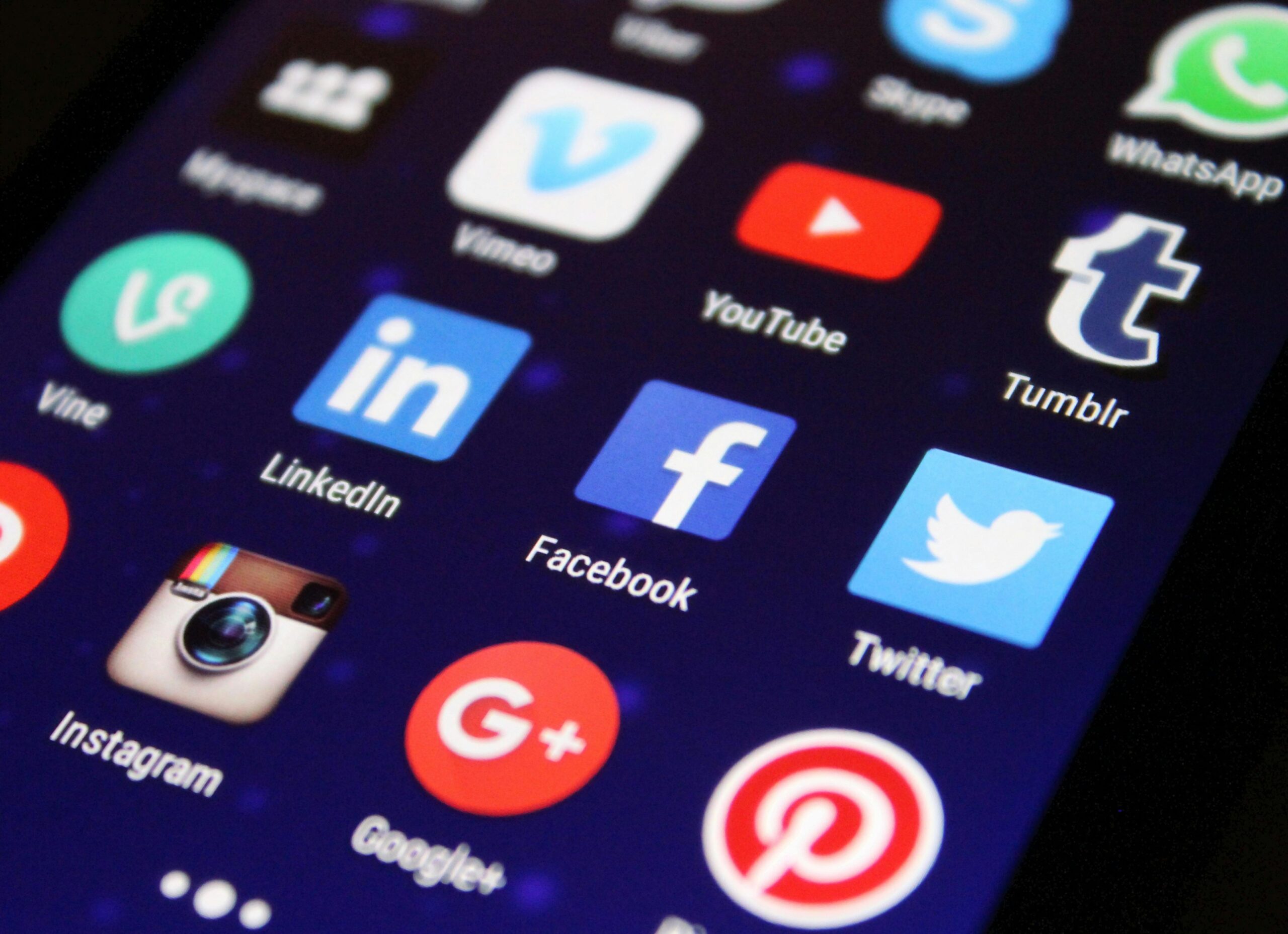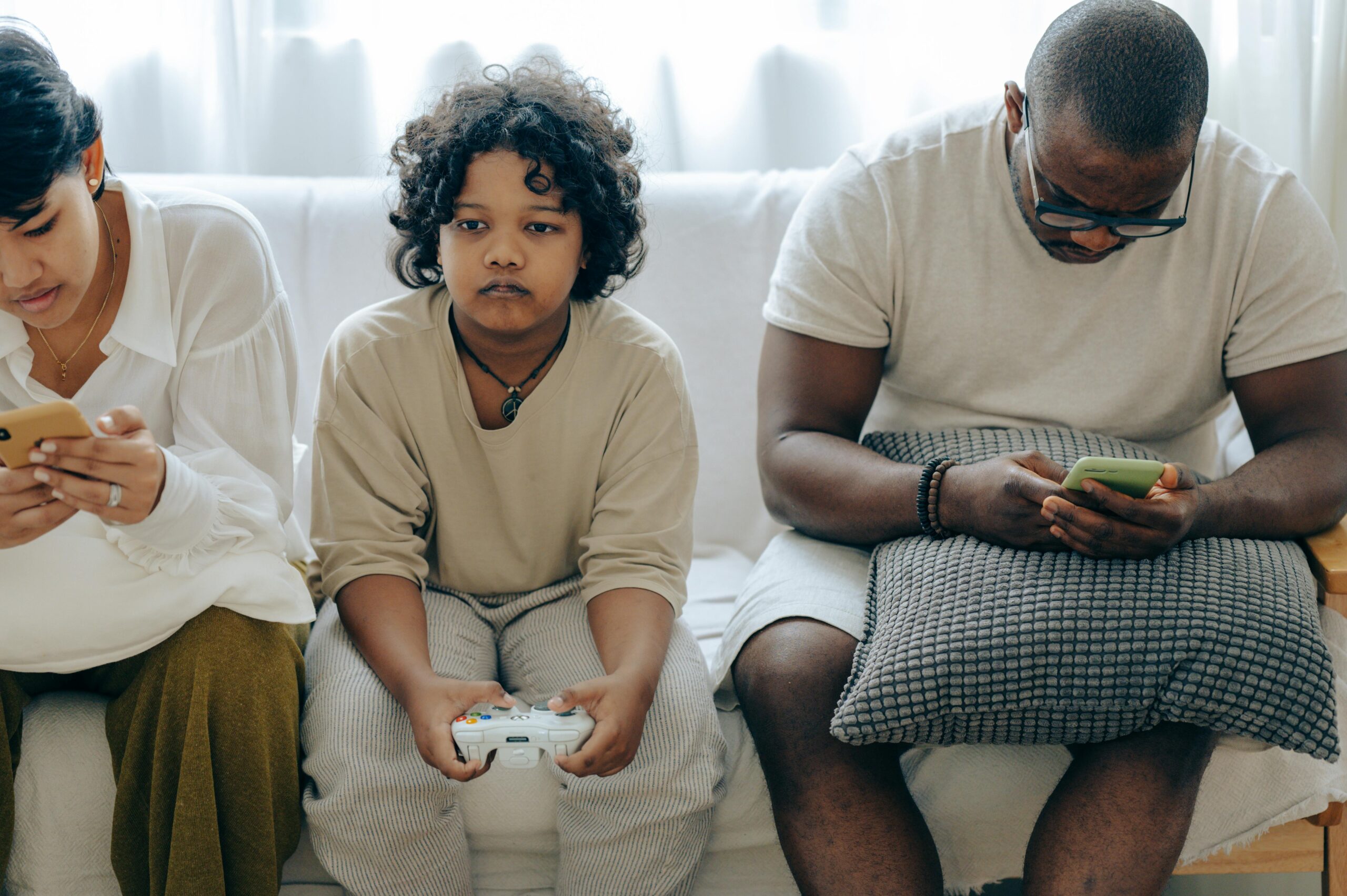The Allure of Social Media as a Double-Edged Sword
At its core, social media leverages fundamental human needs for social connection, validation, and self-expression.
The allure of these platforms lies in their ability to fulfil these needs instantaneously, offering a virtual space where individuals can cultivate identities, forge relationships, and seek affirmation.
Features such as likes, comments, and shares provide immediate feedback, triggering dopamine release in the brain – the same neurotransmitter associated with pleasure and reward. This neurological response forms the foundation of social media addiction, as users become increasingly reliant on these platforms to experience feelings of gratification and validation.



The Mechanisms of Social Media Addiction
Social media addiction encompasses a spectrum of behaviours characterized by excessive usage, preoccupation, withdrawal symptoms, and negative consequences. Similar to other forms of addiction, such as substance abuse or gambling, it operates through various psychological mechanisms:






